Summerland Beach’s Oil Seepage Mystery
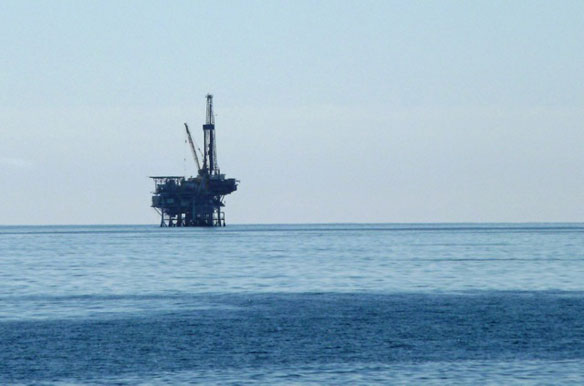
Before it became the quaint coastal antiquing capital of the Californian South Coast that it is today, with a reputation for stunningly scenic and often empty beaches, Summerland was the hub of Santa Barbara’s oceanic oil rush at the start of the 20th century, the beach providing ground zero for a series of piers and primitive oil rigs harvesting crude from hundreds of offshore wells.
Plastic Pollution Present on Easter Island’s Beaches
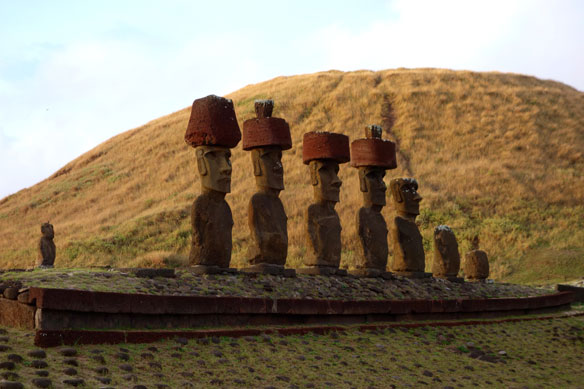
Easter Island, was the end point of a team of journalists’ trip with the 5 Gyres latest project, exploring plastic pollution in the South Pacific ocean. Upon arrival to one of the world’s most isolated pieces of habitable land, it was not long before the effects of human impact were seen: plastic pollution is taking place on Easter Islands: on the beaches.
Record trash haul from New Jersey beaches
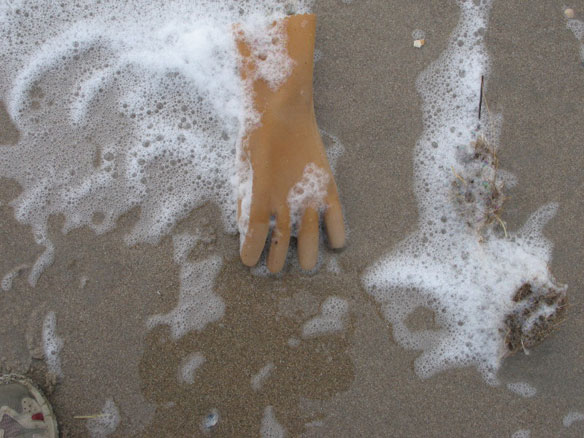
In their Annual Beach Sweep report for 2010, released Tuesday, the environmental organization Clean Ocean Action, paints a grim picture of New Jersey beaches. The report broke down the 475,321 pieces of trash its 8,372 volunteers removed from New Jersey beaches during two statewide clean-up events last year.
Tristan da Cunha islanders rescue penguins threatened by oil slick
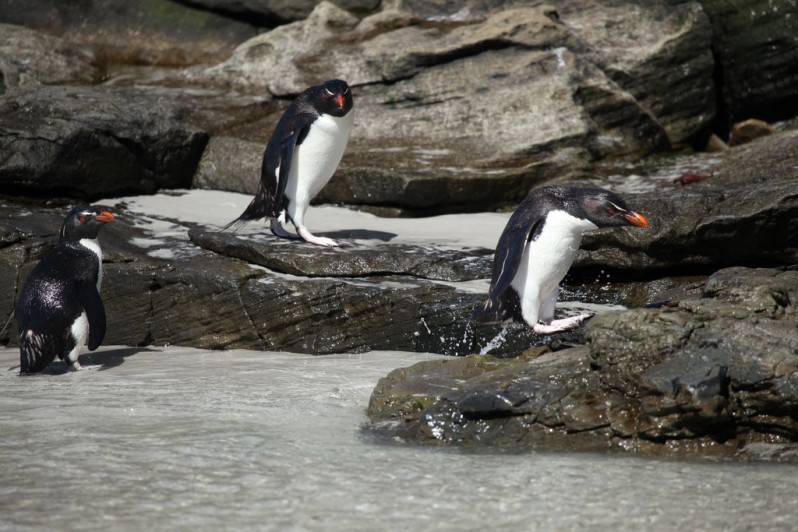
One of the world’s most dramatic wildlife rescues is coming to a successful conclusion on Tristan da Cunha in the South Atlantic. A small, remote coastal community has worked together to save 4,000 endangered oil-covered northern rockhopper penguins, after the freighter MV Oliva ran aground, spilling thick oil.
Indonesian wins international prize for river clean-up

A biologist who enlisted schoolchildren in his fight to clean up an Indonesian river that led to an international prize said he hoped young people will do more for the environment.
Adelaide Sinks Off Avoca Beach, Australia
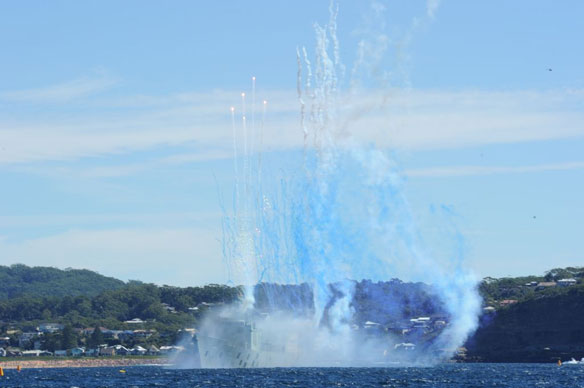
After a year of rolling legal action, the scuttling of HMAS Adelaide off Avoca Beach on the NSW central coast was allowed, and the decommissioned warship will become a scuba diving attraction by month’s end. Environmentalists fears lead paint on the Adelaide is a health risk and that the wreck will cause beach erosion and ruin the surf.
It’s Official: There’s Plastic in All of the Subtropical Ocean Gyres
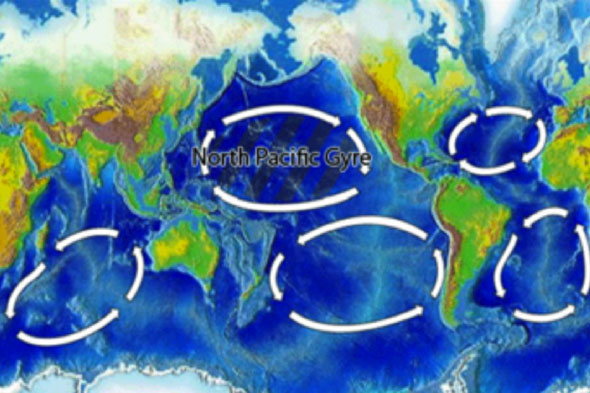
Journalists and 5 Gyres Institute sail to the South to study plastic pollution in the South Pacific. Despite the lack of a theatrical spectacle, it’s still a surreal thing to see some of the results of the sampling.
Flotsam From Japan’s Tsunami to be Carried by Currents and Pushed Onshore
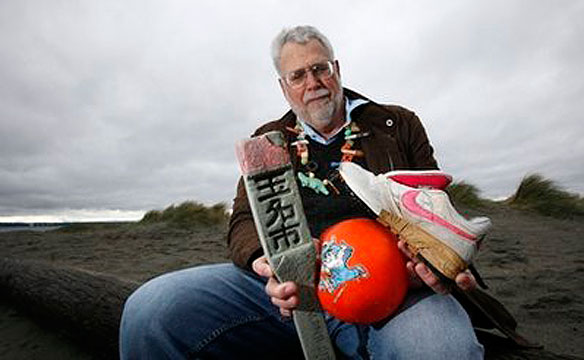
The biggest haul of floating debris will likely be carried by currents off of Japan toward Washington, Oregon and California, then turning toward Hawaii and back again toward Asia, unless wind and ocean currents eventually push some of the massive debris from Japan’s tsunami onto the shores of the U.S. West Coast, said Curt Ebbesmeyer, a Seattle oceanographer who has spent decades tracking flotsam.
Papua New Guinea Coastal Mine Waste Dumping: The Ramu Mine Case
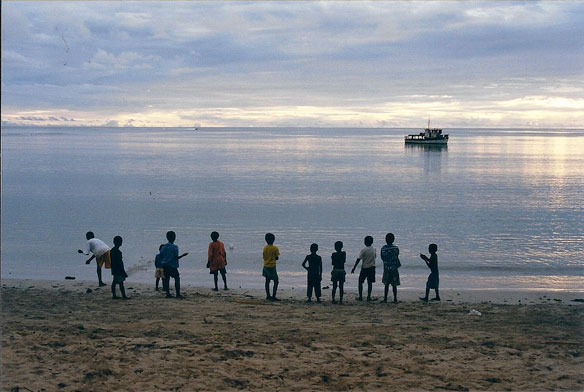
The dumping of mine tailings waste into the shallow coastal marine environment is currently before the National Court of Papua New Guinea, in a case that will have far-reaching implications. At stake are the pristine waters of the Bismarck Sea and the livelihoods of thousands of coastal inhabitants on one hand, and the future of mine waste disposal on the other.
